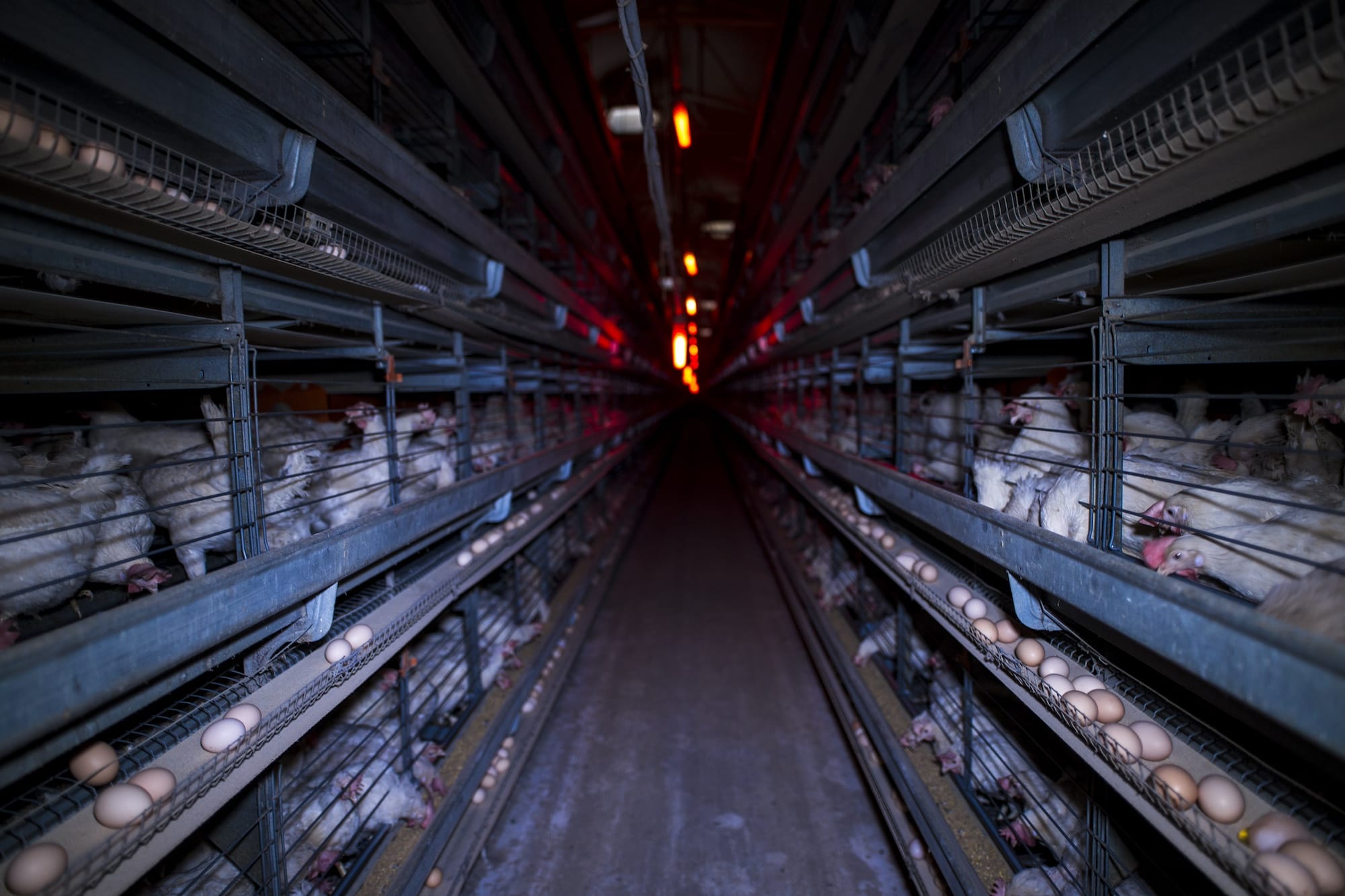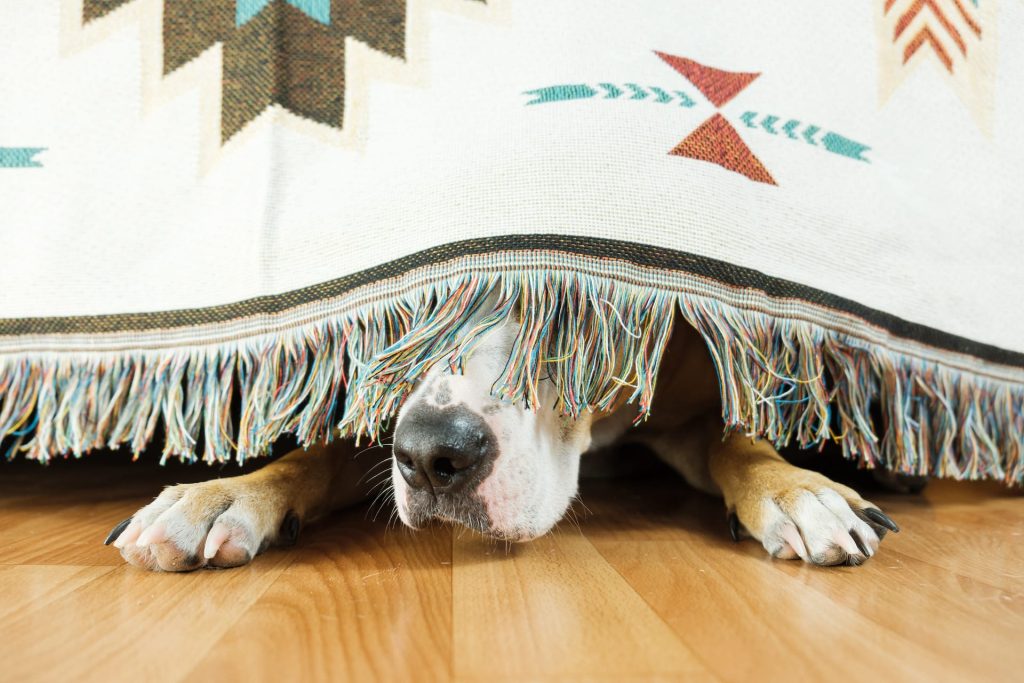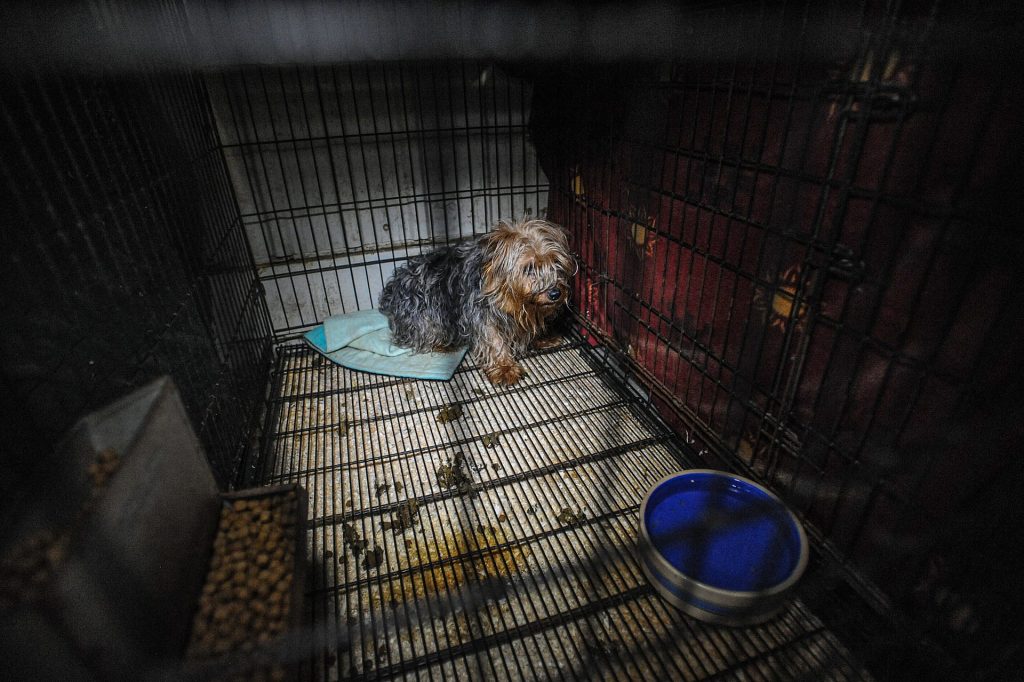Companies should step up and ban the worst practices in their supply chains. The post The Role of Corporations in Improving Animal Welfare appeared first on Animal Justice.
Major grocers, restaurants, and food companies have huge buying power and influence, as they are Canada’s largest buyers and sellers of meat, chicken, eggs, and dairy products.
Since Canada doesn’t yet have any laws banning cages, companies should step up and ban the worst practices in their supply chains, reducing the suffering of millions of animals.
To date, almost 2,500 major food corporations around the world have announced cage-free egg commitments, according to the Open Wing Alliance. And they’re following through—as of April 2023, 89% of cage-free egg commitments with deadlines of 2022 or earlier have been fulfilled.
In Canada, however, even though some restaurants and grocers have made commitments and are sharing their progress toward going cage-free, most retailers are not doing enough.
 Hens suffer miserable lives in cages.
Hens suffer miserable lives in cages.Photo: Konrad Lozinski
The Retail Council of Canada (RCC) is an industry group representing grocers like Loblaws, Sobeys, Metro, Wal-Mart, Costco. In 2016, the RCC made an industry-wide commitment that its members would only source eggs from cage-free hens by 2025. However, the RCC recently backtracked on this commitment entirely, betraying hens. Now, the RCC says it’s up to individual companies to go cage-free if they choose to do so. This broken promise led to other companies, like Loblaws, backtracking on their commitment to going cage-free. Loblaws has done a complete U-turn on their promise to go cage-free by 2025, and has yet to share a new timeline for getting caged eggs out of its supply chain.
The RCC announced that instead of going cage-free, its members will simply respect whatever standards the egg industry decides to follow. The RCC now plans to work exclusively with the National Farm Animal Care Council (NFACC), an industry-dominated body that sets non-binding “codes of practice” for farmed animal welfare. Even though NFACC receives public funds to develop these standards in Canada and considers itself the “national lead for farm animal care and welfare in Canada”, all its standards are voluntary and unenforceable. Their standards are also not on par with animal standards in other parts of the world, leaving Canada behind on the treatment of farmed animals. NFACC standards prioritize industry profits, and don’t take animal welfare seriously.
Holding companies accountable for their actions is important. That’s why we advocate for an end to cages in Canada, and ask companies to make meaningful changes in their supply chains.
Join us in asking Loblaws to keep their cage-free policy here.
The post The Role of Corporations in Improving Animal Welfare appeared first on Animal Justice.















